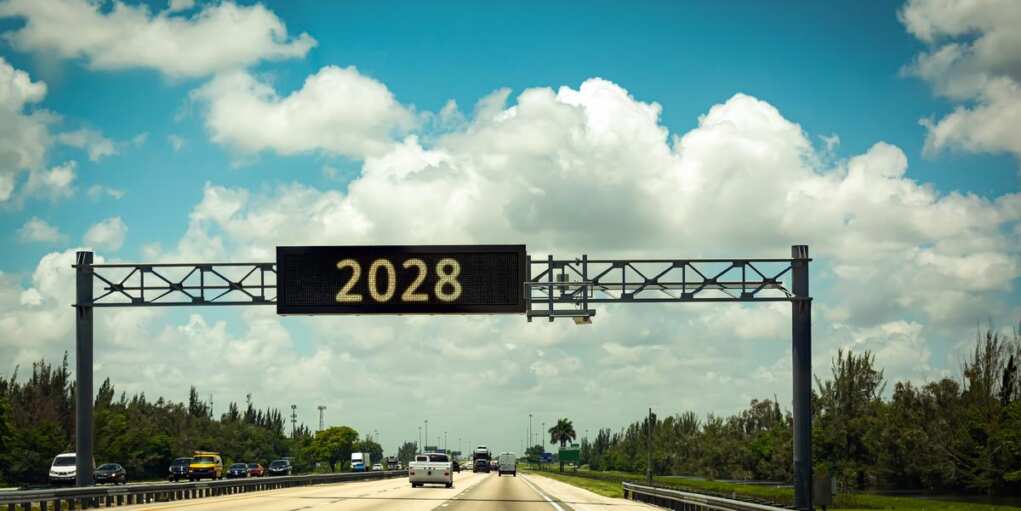2028 Frenzy Begins as Democrats Ditch Tradition

Less than four months into President Donald Trump’s second term, the race for 2028 is already heating up—and Democrats are dropping any pretense of restraint. A growing list of ambitious party figures are openly laying the groundwork for presidential bids, breaking with the tradition of quietly testing the waters.
In the past, political hopefuls downplayed speculation, offered vague denials, or insisted they were focused on “serving their constituents.” That charade is over. Now it’s full speed ahead—and the jockeying has begun in broad daylight.
Among the most vocal is Kentucky Gov. Andy Beshear, who recently admitted he “would consider” a run. Minnesota’s Tim Walz, who lost badly as Kamala Harris’s running mate, now says he’ll do “whatever it takes” if “asked to serve.” The “asked by whom?” question remains unanswered—but the ambition is clear.
Arizona Sen. Ruben Gallego, barely a year into his first term, cracked that he’s focused on his newborn child but reminded NBC News, “Babies get older.” He added that the idea of running for president crosses his mind—“of course”—dropping an expletive in case there was any doubt.
And then there’s Pete Buttigieg, the former Transportation secretary who floundered in his role under Biden and continues to tease a comeback. He insists he’s “not running for anything right now”—a classic dodge from someone already building a war chest and touring the country under the guise of speaking engagements.
The eagerness reflects more than just personal ambition—it’s a symptom of a party with no clear future. With President Biden out, Vice President Harris politically damaged, and the Democratic Party’s favorability still in free fall, the race is wide open. That’s led to a free-for-all that includes names like California Gov. Gavin Newsom, Illinois Gov. J.B. Pritzker, and even second-tier figures hoping to gain enough national attention to land a media gig or cabinet spot.
At last count, at least 19 Democrats are being floated as possible contenders. Most won’t make it past the Iowa caucuses—or even onto a debate stage—but in a fractured party desperate to find a message, even long-shot runs offer a platform.
Democratic strategists are reportedly frustrated that so many are jumping in without a coherent vision beyond opposing Trump. “It’s all ego and brand-building,” one party insider told Fox News. “And it shows just how splintered the base has become.”
Trump’s aggressive leadership style, economic wins, and unapologetic America First policies have once again unified the GOP. But Democrats are still struggling with internal battles over identity politics, climate extremism, and how to rebuild a party that’s lost touch with working-class voters.
Rather than fix that disconnect, Democratic hopefuls are chasing headlines. Some, like Newsom, are clearly trying to position themselves as the next national face of the left. Others, like Gallego or Walz, are taking a “why not me?” approach, seeing a divided field as an opportunity.
The old “Great Mentioner” of legacy media outlets is being replaced by a new generation of self-promoters who use social media, podcasts, and cable hits to boost their profiles. Legacy media still plays a role—mostly by covering the chaos—but the structure of a presidential primary has changed.
Bottom line: Democrats are skipping the humility, skipping the waiting game, and skipping unity. They’re chasing the White House before Trump has even finished settling into his second term.
It’s not even 2026 yet, and the knives are already out. The only question now is whether anyone in the Democratic Party can emerge with enough clarity, strength, and connection to real voters to stand a chance in 2028—or whether this new era of ambition will simply split the party even further.

